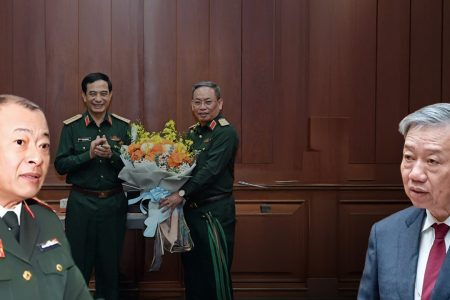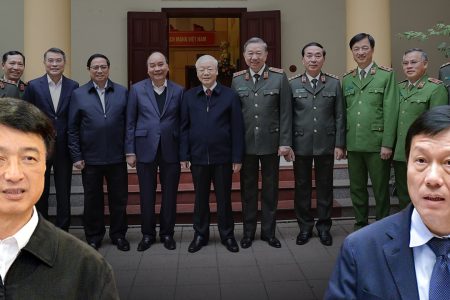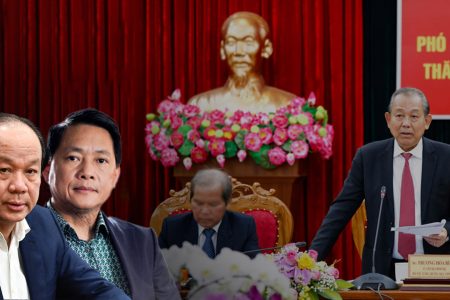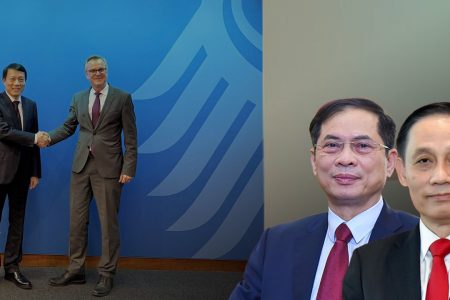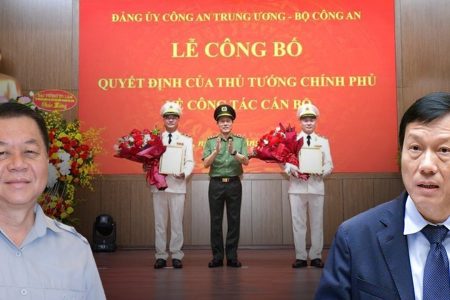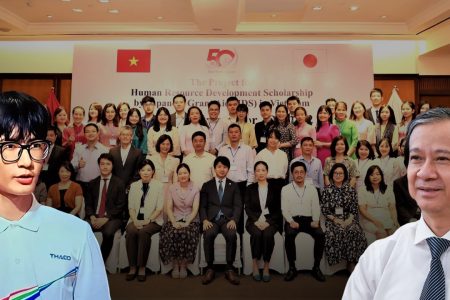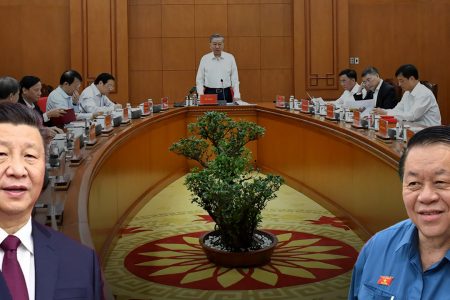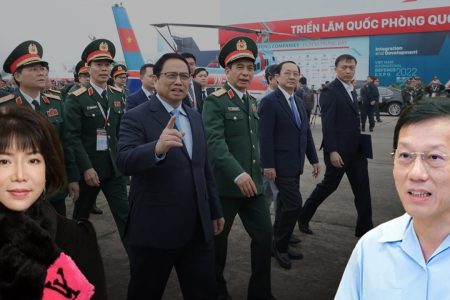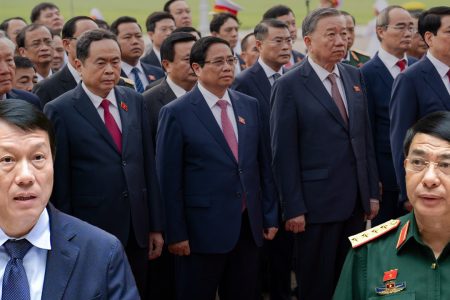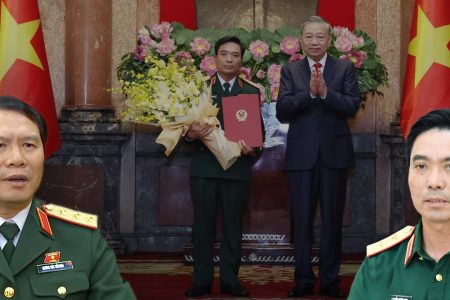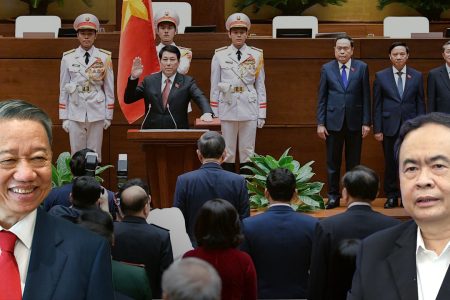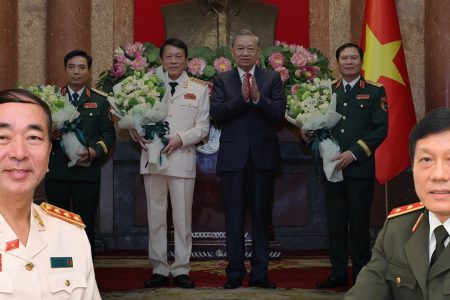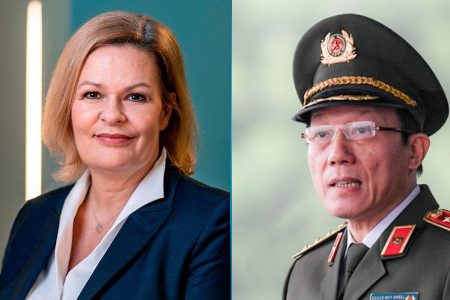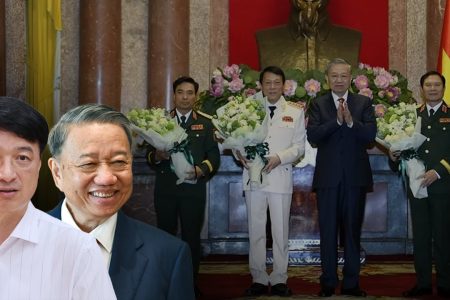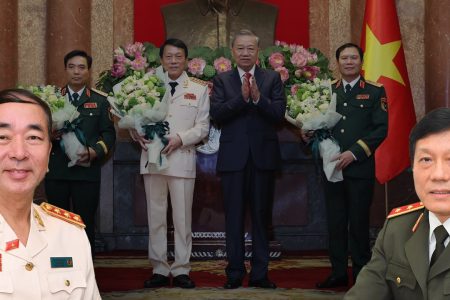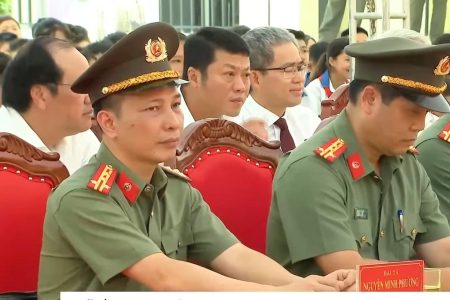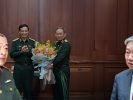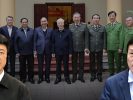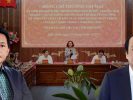
On October 3, three human rights organizations released a joint report calling on member states of the United Nations (UN) not to elect Vietnam and four other authoritarian countries to the UN Human Rights Council.
UN Watch, Human Rights Foundation, and Raoul Wallenberg Center for Human Rights affirmed that Vietnam does not deserve to be elected to the UN Human Rights Council for its poor human rights record and its votes on human rights-related resolutions.
The report was released during a press conference near the UN headquarters in New York (USA) on Monday, eight days before the UN General Assembly conducts voting.
As a person who closely follows the human rights situation in Vietnam, Mr. Phil Robertson – Deputy Director of the Asia-Pacific Division of Human Rights Watch (HRW) commented via email:
“There is little doubt that Vietnam will be a problematic, highly negative influence on the Human Rights Council if it is elected to the 2023-2025 term.
In fact, at every opportunity, Vietnam does not hesitate to show its contempt for international human rights law, and if they get a seat, it’s highly likely they will seek to undermine meaningful actions by the Council.
As a Council member, Vietnam would likely join the group of nay-sayers like China, Syria, Eritrea, North Korea, Venezuela, and others who constantly oppose HRC resolutions on particular countries and seek to sabotage the Council’s work.”
A human rights activist in Hanoi said on condition of anonymity that, “if Vietnam is elected to the UN Human Rights Council next time, it will not have any impact on the human rights situation in the country, unlike the previous year. There had been some moves to open the door to civil society before.”
Responding to the question of whether Vietnam deserves to become a member of an organization with a mission to promote and protect human rights in the world, this person affirmed that “compared to the criterion of ‘supporting human rights standards at highest’ as in the Resolution establishing the UN Human Rights Council, it does not, but if compared with other members, yes.”
According to reports by three human rights organizations, Vietnam’s Criminal Code prohibits speech critical of the government and state control of all media. The government is active in arresting and suppressing independent journalists and bloggers.
The report cites statistics from Reporters Without Borders (RSF) that there are about 40 journalists currently imprisoned in Vietnam, which has been described as “the world’s third largest prison for journalists,” after China and Myanmar.
In addition, the Cybersecurity Law that came into effect in 2019 restricts Internet freedom and violates privacy by requiring companies like Google and Facebook to keep information about Vietnamese users and block access to certain content.
The report, published online, confirms that the Vietnamese government conducts online surveillance of its citizens. The military has a special unit of 10,000 cyber soldiers (Force 47) that promotes party lines and attacks online dissidents.
Phil Robertson from Bangkok said frankly that every aspect of Vietnam’s human rights record, clearly shows that this is “a government that will have big problems if it is elected to the Council. ” He asserted:
“Vietnam’s horrible human rights record speaks for itself. In the course of the last several years, Hanoi’s leaders have pushed forward efforts that have effectively imprisoned most of the human rights defenders and political dissidents in the country. Vietnam is also pushing legal action to restrict online expression in ways that will effectively criminalize and force take-downs of any online content that criticizes the government. Use of the death penalty is rampant, prison conditions are brutal, and deaths in police custody occur with impunity on a regular basis. To speak bluntly, in every aspect of Vietnam’s rights record, it screams that this is a government that will be highly problematic if it is elected to the Council.”
The three human rights organizations reiterated the fact that this one-party country once participated in the UN Human Rights Council for the 2014-2016 term but did not contribute anything to human rights in the world, on the contrary, Hanoi opposed the resolutions to the UN Human Rights Council voicing for human rights victims in Belarus and Iran and does not support resolutions supporting victims of human rights repression in Burundi and Syria.
At the UN General Assembly, Vietnam voted against resolutions to speak up for victims of human rights repression in Iran and Georgia and did not support resolutions on behalf of victims in Crimea and Syria, the report stressed.
Vietnam also supports counterproductive resolutions that undermine individual human rights by elevating vague and undefined rights such as the “right to development” and “the right to peace” above universal human rights, shielding human rights violators through a resolution denying the right to sanction such regimes and not supporting a resolution on the responsibility to prevent genocide.
United Nations Watch (UN Watch) is a human rights organization based in Geneva (Switzerland), the Human Rights Foundation is based in New York, and the Raoul Wallenberg Center for Human Rights (Raoul) Wallenberg Center for Human Rights) is based in Montreal (Canada).
The call of the three NGOs above follows many protests against Vietnam’s candidacy for the UN Human Rights Council.
In April, a coalition of eight organizations from inside and outside Vietnam – including the Vietnam Human Rights Network, Defend the Defenders, and the Independent Journalists Association of Vietnam – sent an open letter to the UN calling on the organization not to accept Vietnam as a member for the next term, saying that the current Vietnamese state is “unworthy” due to its poor human rights record and most is after deciding to support Russia, which is being condemned by the world for its invasion of Ukraine.
On September 14, 52 Goldman Environmental Prize laureates sent a letter to the UN Human Rights Council, urging the organization to reject Vietnam as a member of the Council for the term 2023-2025.
Thoibao.de (Translated)



